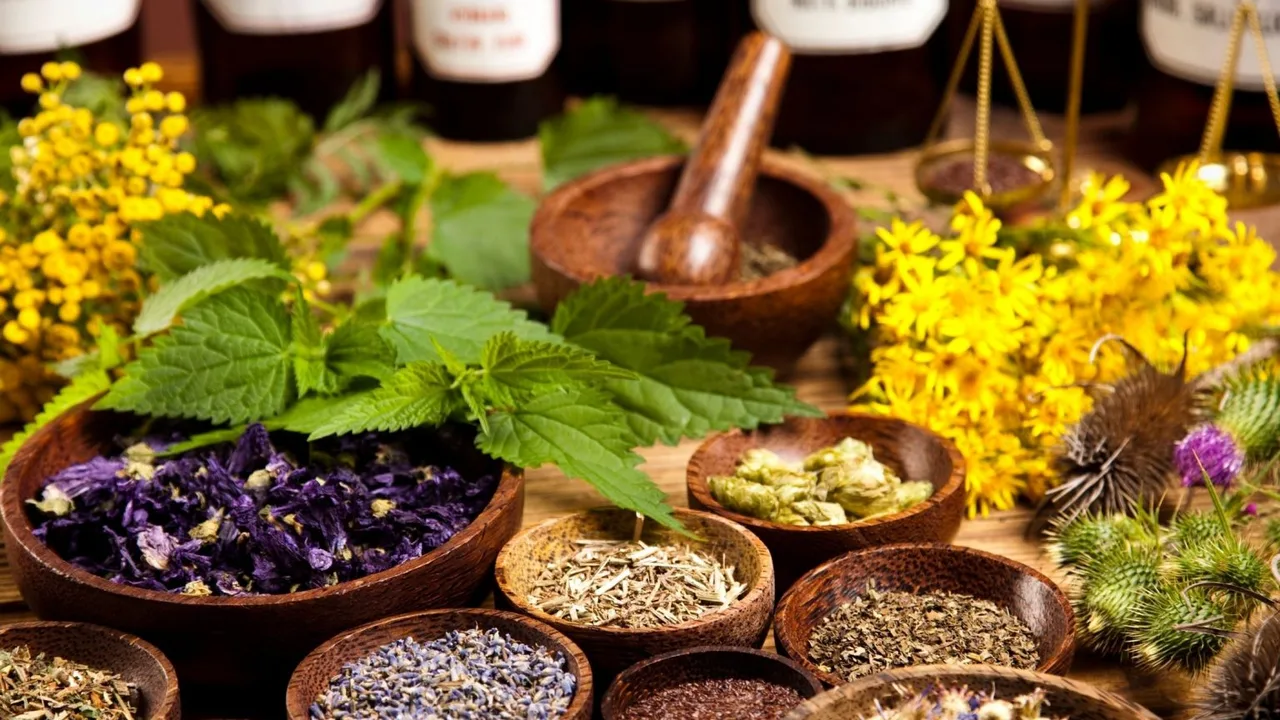Life‑Changing Herbs: A Simple Guide to Powerful Natural Remedies
Ever wonder why some people swear by a handful of plants that seem to flip health problems on their head? Those are the life‑changing herbs that have been used for centuries and still show up in modern wellness talks. Below you’ll get the basics on the top herbs, why they matter, and how to fit them into a busy life without turning it into a science project.
Why These Herbs Matter
First off, the herbs on this list aren’t just hype. Each one has documented compounds that affect the body in clear ways. Turmeric, for example, contains curcumin, which can calm inflammation and support joint health. Ashwagandha works on the stress hormone cortisol, helping you feel steadier when life gets hectic. Milk‑thistle protects liver cells, especially if you’re taking prescription meds that can be hard on the liver.
What makes them "life‑changing" is the combination of safety, accessibility, and measurable impact. You can buy them as powders, capsules, or fresh herbs at your local market. Most people notice better sleep, less gut discomfort, or more energy within a few weeks. The key is consistency—just like any medication, herbs need time to build up in your system.
How to Use Them Safely
Start small. A teaspoon of turmeric powder in your morning smoothie or a few drops of essential oil in a diffuser can be enough to test your tolerance. If you’re already on prescription drugs, check for interactions—milk‑thistle can lower the effectiveness of some blood thinners, and St. John’s wort can mess with antidepressants.
Stick to reputable brands that list the exact amount of active ingredients. Third‑party testing seals are a good sign. When you buy fresh herbs, wash them thoroughly and store them in a cool, dry place to keep potency high. For capsules, follow the label’s dosage, but don’t exceed it unless a health professional says it’s okay.
Integrate herbs into a routine you already have. Add a pinch of ginger to tea while you’re waiting for the kettle, or mix ashwagandha powder into oatmeal before breakfast. The goal is to make the habit effortless, so you don’t skip days because it feels like a chore.
Finally, listen to your body. If you notice an upset stomach, skin rash, or any new symptom, pause the herb and talk to a pharmacist or doctor. Most side effects are mild, but it’s better to be safe than sorry.
Life‑changing herbs can be a game‑changer for many, but they work best when paired with a balanced diet, regular movement, and good sleep. Use them as a supportive tool, not a miracle cure. With the right approach, you’ll likely see steady improvements that add up over time.

